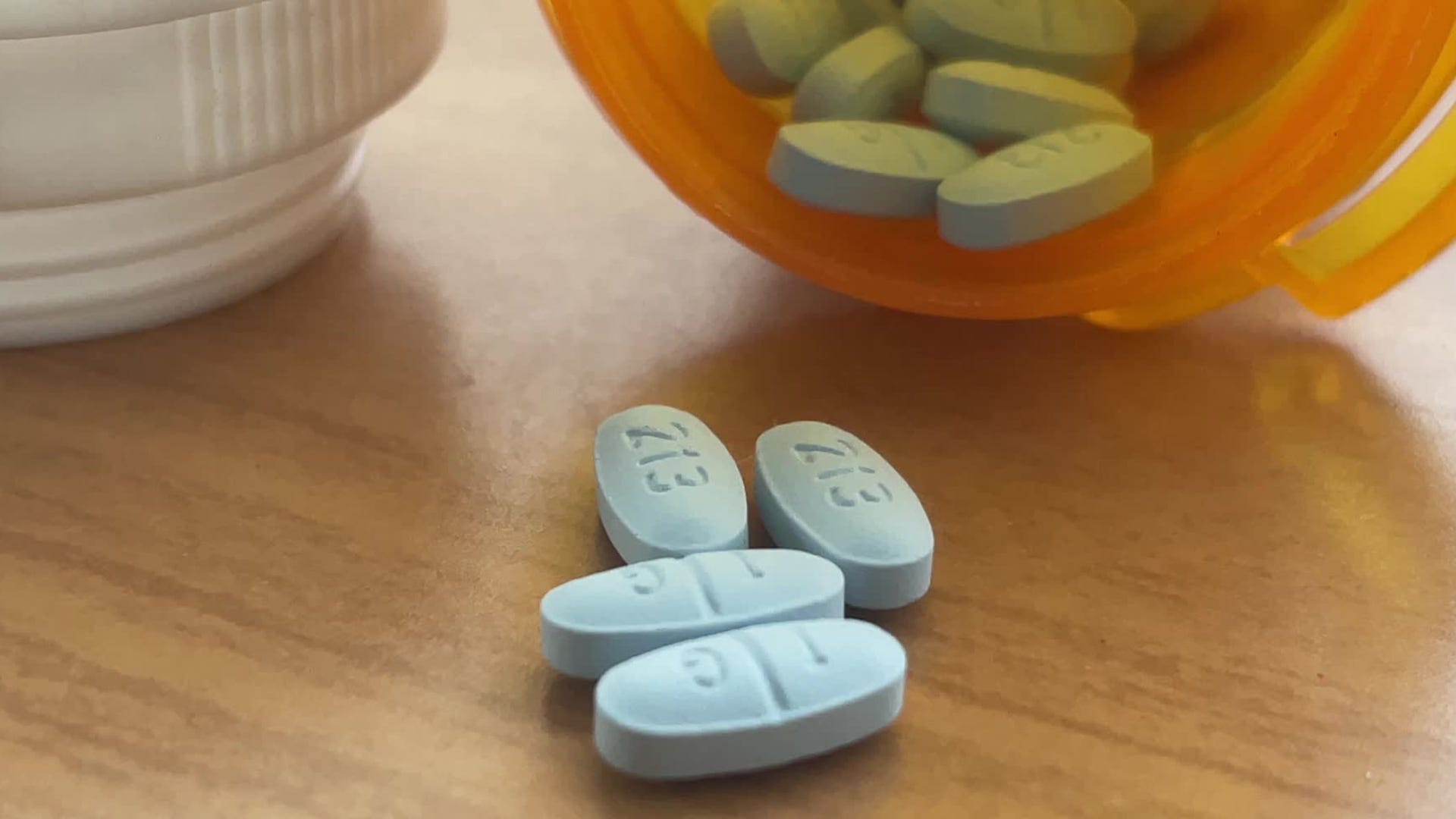
How are SSRIs used to treat depression and anxiety?
Antidepressants like SSRIs can be life-saving for people struggling with depression, OCD, anxiety and other mental health conditions. Here’s how the work.
Everyone feels depressed from time to time. But not everyone has depression.
Depression, also referred to as major depressive disorder or clinical depression, is a condition that can cause severe symptoms related to the way you feel, think and go about doing daily activities, according to the National Institutes of Health (NIH).
Common symptoms of depression include fatigue, difficulty concentrating, irritability, changes in appetite, sleep disturbances, social withdrawal and physical symptoms including unexplained headaches, digestive problems or other aches and pains, psychiatrist Dr. Judith Joseph tells USA TODAY.
If you believe you or a loved one is experiencing depression, here’s what mental health experts want you to know.
What causes depression?
Depression is an illness that can impact anyone, regardless of age, race, cultural background, education or income, per the NIH. Research has shown evidence that it can be passed on through genetics, but environmental factors also play a role.
“People who have trauma or people who are in social settings that are stressful may be at risk for depression or anxiety so it is both nature and nurture,” Joseph says. “Not everyone with a family history of depression or anxiety will have these conditions and not all people who have depression or anxiety have a family history of the conditions.”
Does depression go away?
For those diagnosed with an anxiety disorder, that disorder won’t go away permanently, experts say. But there are many tools that can be used to keep symptoms at bay.
“It’s important to realize that these are conditions to manage,” Joseph says. “Doing daily preventative practices to prevent worsening of depression … is important.”
Medical professionals may suggest the following tactics to work to curb depression:
- Therapy. Different types of counseling or psychotherapy, including cognitive behavioral therapy, dialectical behavioral therapy and motivational therapy, may work for different people. The key, Joseph says, is using the appointments to address underlying issues, including unprocessed trauma and poor coping skills.
- Medication. Antidepressants usually prescribed for depression, according to NYU Langone Health, include selective serotonin reuptake inhibitors (SSRIs) such as sertraline or citalopram, serotonin-norepinephrine reuptake inhibitors such as venlafaxine and duloxetine and atypical antidepressants including bupropion and mirtazapine.
- Lifestyle modifications. Getting enough sleep, working on stress management techniques, eating a balanced diet and exercising have all been shown to lessen depression symptoms. “Sleep hygiene is important because many of these individuals work late and are on devices late,” Joseph says. “They have a hard time calming their minds down and doom scroll.”
- Asking for help. “Strengthening social connections and seeking support from friends, family or support groups is important,” Joseph says. Venting to a loved one, therapist, journal or faith leader can help, too.
- Being honest with yourself. “Acknowledge how you feel and accept your emotions,” Joseph says. “Many people push through the day without acknowledging how they feel. They work through lunch when they are hungry, they smile when they are sad and they mask how they are really feeling. If you can’t acknowledge and name how you feel, then how can you do anything about it?”
If you or someone you know is struggling or in crisis, help is available. Call or text 988 or chat at 988lifeline.org.
